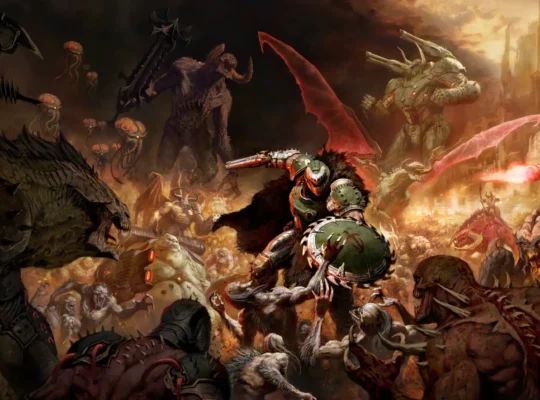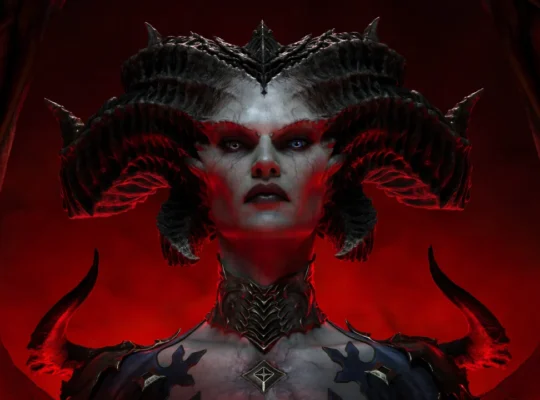The Civilization Series: An Overview of Pros and Cons
The Civilization series, created by Sid Meier, is one of the most influential and enduring franchises in the strategy game genre. Since its debut in 1991 with Civilization I, the series has evolved through multiple iterations, with the most recent entry being Civilization VI released in 2016, along with various expansions. The core gameplay revolves around building an empire from the ground up, managing resources, diplomacy, military conquest, and cultural advancement through different historical eras. Below, we explore the pros and cons of the Civilization series.
Pros
- Deep Strategic Gameplay:
The series is lauded for its complex and deep gameplay mechanics. Players must balance various aspects of civilization-building—such as economy, military, culture, and technology—to achieve victory. This strategic depth allows for diverse play styles and encourages thoughtful decision-making Richness**:
The Civilization series incorporates real historical figures, events, and technologies, creating an engaging educational experience. Players can learn about different cultures and historical contexts as they lead their civilizations through time . - Variety s:
Unlike many strategy games that focus solely on military conquest, Civilization offers multiple paths to victory—such as scientific, cultural, and diplomatic. This variety ensures that players can pursue different strategies and adapt their play style to their preferences . - Replayability:
Eachdifferent based on the civilization chosen, map settings, and player strategies. The randomness of map generation and different AI behaviors contribute to high replayability, keeping players engaged over the long term . - Community and Mod Support:
The *Civils active and robust, with numerous mods available that enhance or change gameplay. These mods can introduce new civilizations, gameplay mechanics, and improved graphics, allowing players to tailor their experience .
Cons
- Steep Learning Curve:
New players often findwhelming due to its complexity and depth. The multitude of systems to manage can be daunting, leading to a challenging learning experience for those unfamiliar with the genre . - Time Commitment:
A single game of Civilization can take several hours, nding on the chosen settings and the player’s strategy. This time commitment may deter casual gamers who prefer shorter gaming sessions . - Pacing Issues:
Some players feel that the pacing of the game can be inconsistent. Early turkly, while late-game turns can become tedious, especially when managing large empires with many cities and units . - AI Limitations:
While the AI has improved over the years, it still exhibits behaviors that can frustrate playunresponsive diplomacy and predictable military strategies can detract from the overall experience . - Expansion Dependency:
Many players feel that the base game is lacking without its expansions, which often introduce key featureThis can create a perception that players must spend additional money to fully enjoy the game .
Conclusion
The Civilization series has cemented itself as a cornerstone of strategy gaming, offering players a rich and engaging experience rooted in While it presents challenges such as a steep learning curve and significant time commitment, the depth of strategy, variety of gameplay options, and community support continue to attract players old and new. Ultimately, whether a player finds the series rewarding depends on their gaming preferences and willingness to invest time in mastering its intricacies.
For more insights into the Civilization series and its various entries, you can explore articles on gaming websites like , , and .












